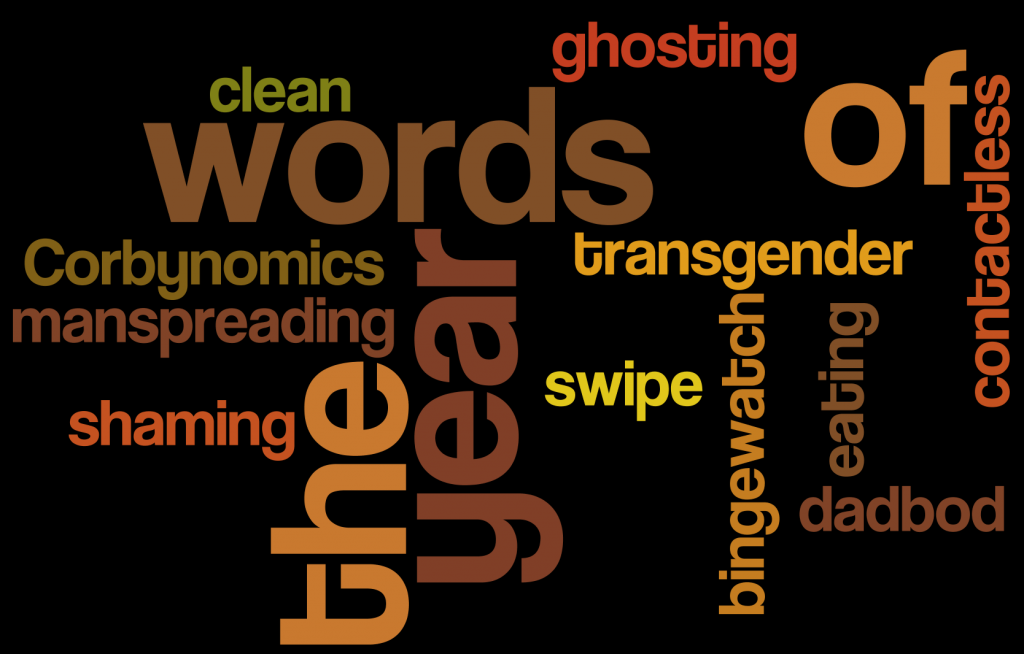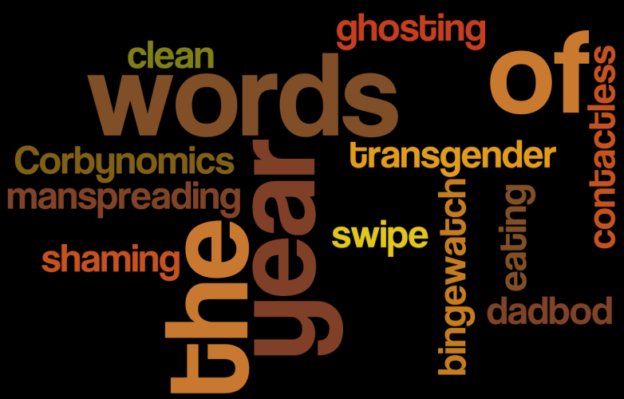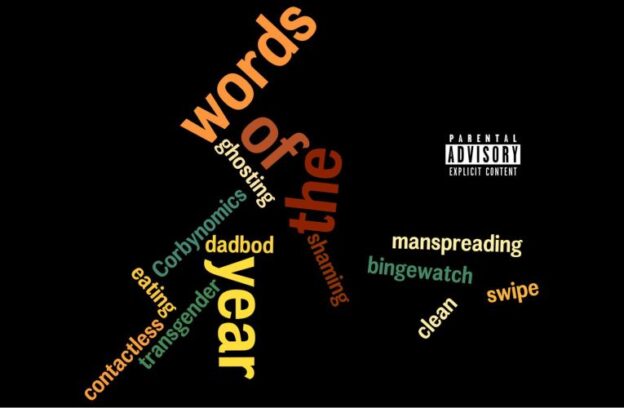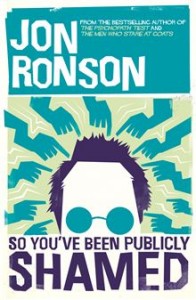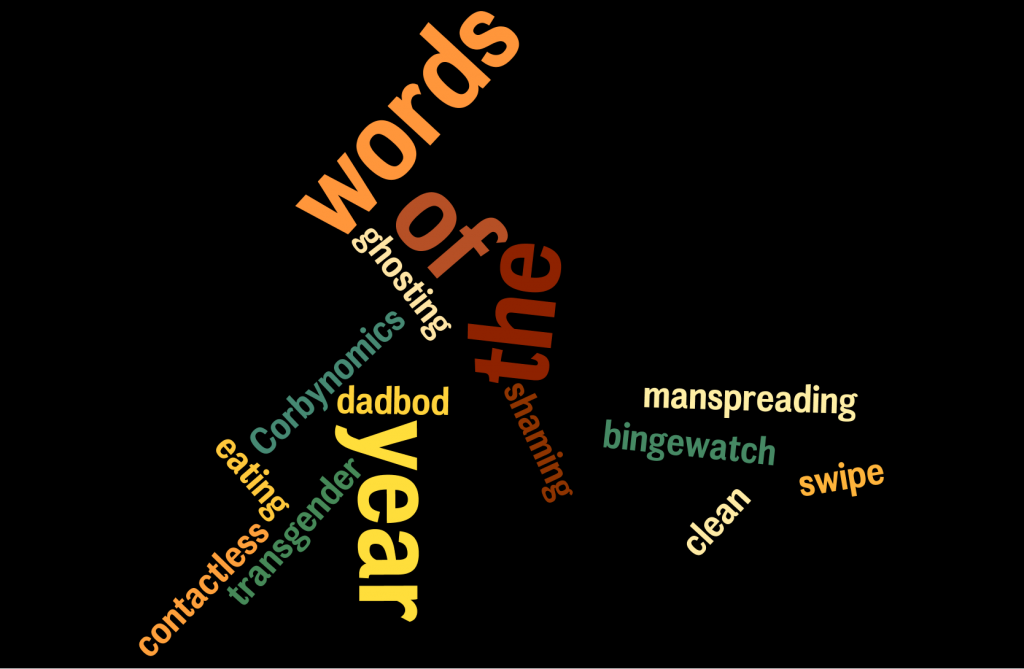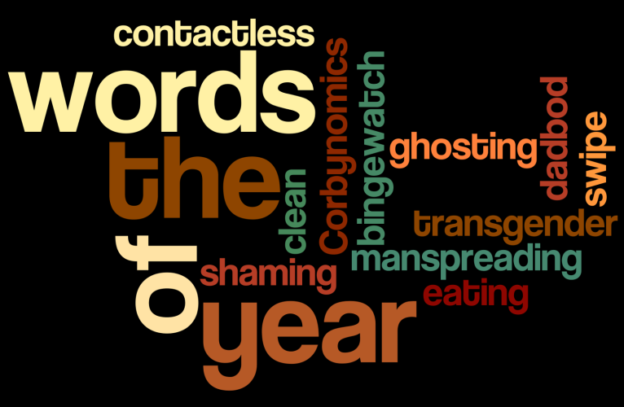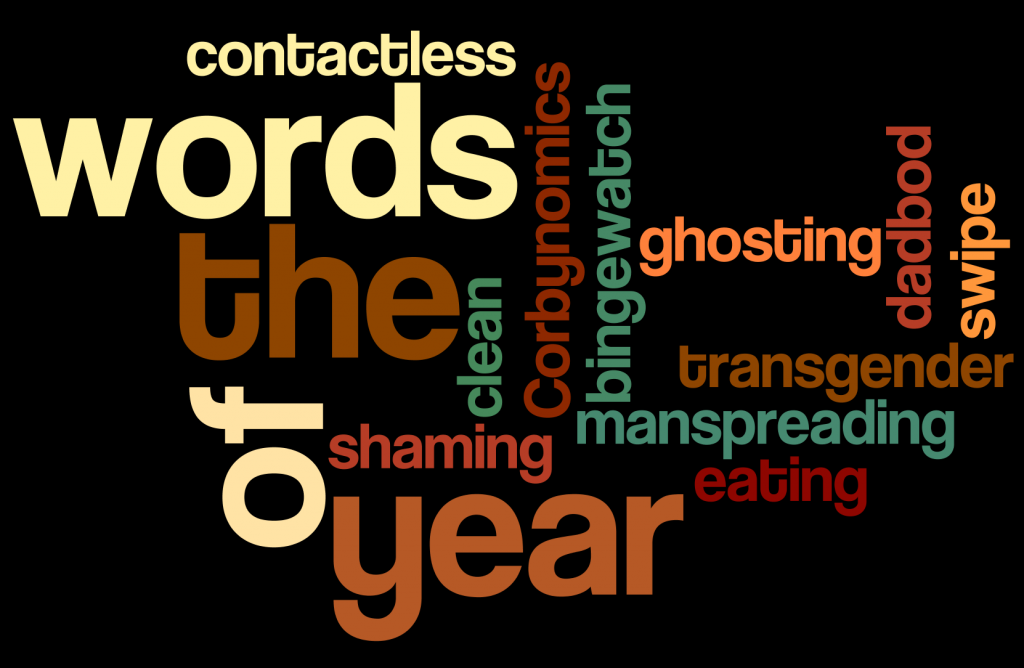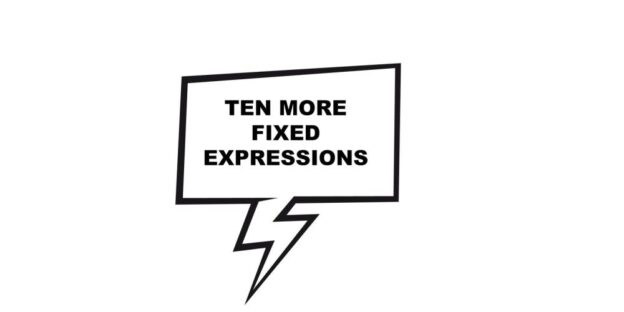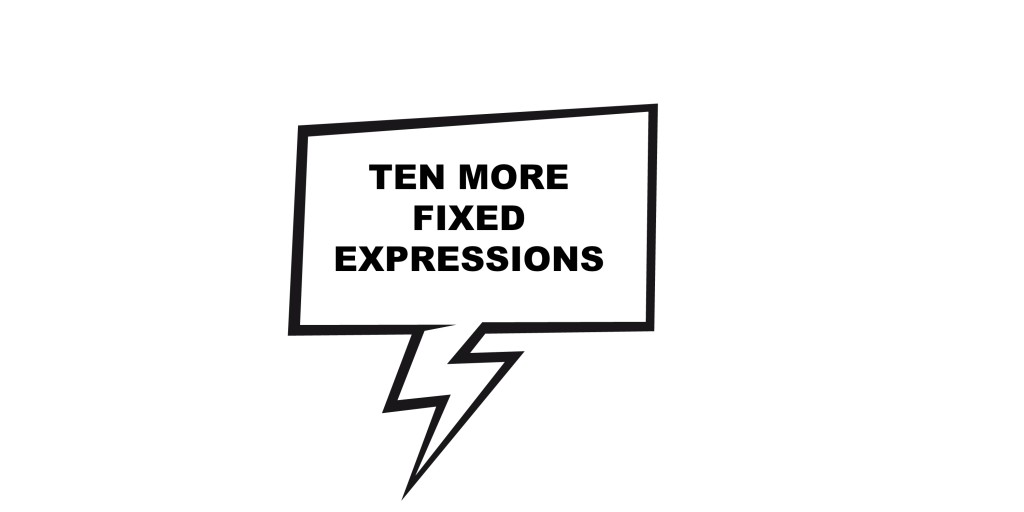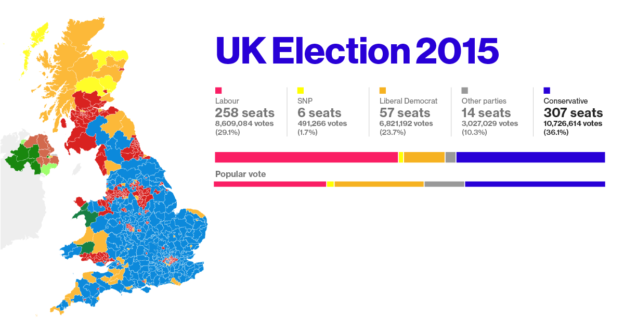Hi listeners, this is Luke, recording this in my flat in Paris as usual. This episode of LEP is all about the terrorist attacks which happened here last Friday evening. I’m joined by Paul Taylor and we’re just going to try to talk about what we saw, what happened, and what this all means.
[DOWNLOAD]
First of all, I should say – Thank you for your concern
As you know, I live in Paris and I should say right now, thank you very much for all the messages I’ve had from LEPsters. Lots of people contacted me in various ways, saying that they were concerned about my safety and the safety of my family and friends. Thankfully I can say that I am fine and so is everyone I know – including my wife, her family and all our friends – including Amber and Paul of course. Still, our thoughts go out to those people who have been directly affected by the attacks. It’s a very sad, shocking and infuriating time indeed, but one thing’s for sure, we have to carry on as normal to make sure these terrorists don’t win. Life goes on today. We keep laughing, we keep going out – basically, we keep calm and carry on.
Also, it’s not just Paris. This is just one of a number of recent ISIS attacks in different places.
Recently, two explosions in suicide attacks in a Shi’ite Muslim district of southern Beirut in Lebanon killed 43 people, and 224 people died when a Russian aircraft crashed in Egypt’s Sinai Peninsula. Also, Turkey stopped a major Istanbul terror plot on same day as Paris attacks, according Agence France Presse.
And it’s not just ISIS – there’s violence and fighting in many places by many people for many reasons. It all sucks. Our thoughts go out to anyone who has been the victim of violence in any country.
In this podcast we’re talking about the attacks in Paris in particular just because they happened in our town, close to home, and we have some direct experience of it. We just want to tell you about what happened.
I expect you’ve seen the story in the news a lot over the last few days. Here and in the UK it’s totally dominating the news. Just in case you don’t know what happened, on Friday evening Paris was attacked by ISIS terrorists and 129 people were killed in explosions and shootings. Members of the public were shot in public bars, restaurants and cafes. The worst attack took place inside a live music venue called Bataclan, which is just 100 metres or so away from Le Paname Art Cafe where Paul and I often perform stand up comedy. In fact, Paul was there at Le Paname when the attack happened nearby. He’s with me today and we’re going to talk about what happened, what he saw and the rest of the story.
Are you alright Paul?
What have you been doing over the past couple of days, since the attacks?
Paul’s account
Luke’s account
What happened specifically?
During the evening of Friday 13 November, there were six different attacks in and near Paris. Apparently the attacks were co-ordinated and carried out by ISIS terrorists. At this moment, 129 people have been killed in the attacks and something like 350 people are injured, with about 100 people in a critical condition. The death-toll might rise over the next few days depending on how people recover in hospital.
This is after some artists working for the Charlie Hebdo magazine were murdered by ISIS terrorists in Paris at the beginning of the year. After that, there was a big peace march in which hundreds of thousands of people got together to march against terrorism and to celebrate solidarity. Place de la Republique was the focal point of those peaceful gatherings. That is also the focal point of these recent attacks.
Here’s what happened in the 6 attacks. This info is based on what I’ve read in different articles online, such as one from The Guardian, which includes lots of eyewitness accounts. http://www.theguardian.com/world/2015/nov/14/paris-attacks-timeline-of-terror
Stade de France 9.20pm
9.20pm on Friday 13th. A football game between France and Germany was underway at Stade de France which is just outside Paris to the north. 3 explosions were heard from inside the stadium, but the game carried on. French President Francois Hollande was inside the stadium at the time and by 9.30 he’d been informed as to what was actually going on, and was evacuated to the interior ministry for an emergency cabinet meeting. This was while attacks were going on in a number of different places in Paris. It’s not until the football game ended that the fans in the stadium really learned what had happened. 3 terrorists had set off explosive belts outside the stadium – two at entrances to the stadium and another outside a McDonalds. 4 people were killed – the 3 terrorists and one other person. The fans gathered on the football pitch and eventually were led out of the stadium, singing the French national anthem.
Le Carillon bar and restaurant; le Petit Camboge, Rue Alibert 9.25PM
These two places are on a road not far from Place de la Republique.
It’s not certain how many gunmen or cars were involved. It could be one shooter and one driver, or two shooters and two drivers. Apparently one of the cars stopped outside the two places and a gunman got out. He started shooting into Le Carillon bar, and then crossed the street to shoot into the Le Petit Camboge. It sounded like fireworks apparently, and people didn’t really understand what was going on. Some witnesses say one of the cars had Belgian number plates. 15 people were killed and 10 injured.
Casa Nostra, Rue de la Fontaine-au-Roi 9.32PM
This one happened at 9.32pm. Apparently a gunman arrived outside Casa Nostra, a pizza place and started shooting at people on the terrace. He was wearing tight black clothing and had a machine gun. Some witnesses commented that he looked exactly like a trained soldier, standing with one leg in front of the other, firing in short bursts, his clothes very tight fitting and completely black all over – just like you’d expect from a combat soldier. He appeared calm and didn’t say anything. After shooting a number of people on the terrace he swivelled (turned, mechanically, like the way soldiers are trained to do) and shot through the window of a car (presumably to kill the people in the car). He then went into the cafe. More shots were fired. When the police arrived they couldn’t find him. Five people were killed and 8 injured.
Restaurant La Belle Equipe, Rue de Charonne – 9.36PM
This is a popular restaurant on a street corner in a cool part of Paris where people like to eat out, drink on the terrace outside the restaurant and generally enjoy life, like they do here in Paris. That’s one of the best things about this place. The restaurant and cafe culture. But some people apparently can’t stand the fact that we like to freely drink, talk about anything we want and just have carefree laughs. The restaurant was fully booked on Friday evening, with quite a lot of seats outside.
So, at about 9.36 according to witnesses, a car pulled up outside the restaurant and a man got out with a high-calibre weapon – like an assault rifle or machine gun. He then, quite calmly, began shooting at people sitting outside La Belle Equipe. Within a few seconds everyone was on the ground, either dead or just protecting themselves. Witnesses said that people were screaming and moaning. 3 minutes later the gunman got back in the car and they drove away. 19 people died.
Bataclan 9.40PM
This is a concert venue in the 11th arrondissement of Paris. It’s a place to go and see live music. On Friday about 1500 people were in the venue, listening to a Californian band. At about 9.40 three men started shooting AK-47s randomly into the crowd. These men were no more than 25 years old, dressed all in black and apparently were calm and silent as they fired their weapons into the crowd, killing a lot of members of the audience. Apparently everyone hit the floor, lying on top of each other, protecting each other, trying to avoid getting shot. The gunmen walked around, reloading and continuing to shoot people as they lay on the floor. A lot of people managed to escape from the building, some of them getting shot in the process. There’s some footage of people scrambling out of the back of the venue, some people hanging from outside the windows, doing whatever they can to escape the shooting. The terrorists held about 20 people hostage. According to a witness called Pierre Janaszak who hid in the toilet but could hear what was going on, the terrorists were talking to the hostages, saying stuff like, ‘It’s the fault of Hollande, it’s the fault of your president, he should not have intervened in Syria,’ Apparently people who were stuck inside the Bataclan were using social networks to communicate with the outside world, with messages like this “I’m heavily wounded. Please police you have to launch an assault, there are still people alive here but they are killing them one by one.”
This all went on for several hours. The police were on the scene but couldn’t get inside. Special forces arrived at about 12.20 and raided the building because it was clear that the gunmen were still killing hostages on the inside. Within a couple of minutes the three terrorists were dead and it was over. Two of them blew themselves up with explosive belts they were wearing, and one was shot. The scene inside the Bataclan has been described as a blood bath. Immediately after the attack, about 90 people were dead.
Now there is a memorial outside the venue with flowers, messages and candles.
Boulevard Voltaire 9.40PM
This attack happened at the Voltaire restaurant at about 9.40pm. The restaurant is on Boulevard Voltaire which connects Place de la Republique with Place de la Nation, two big intersections and meeting places. Boulevard Voltaire is the road where some world leaders marched for peace after the Charlie Hebdo attacks earlier this year. Apparently one of the attackers involved in the Bataclan incident ended up here. I guess he was a fourth attacker. He went into the restaurant, ordered a coffee and then blew himself up. The attacker is dead, and one person is seriously injured.
That’s what happened in the six attacks.
Who did it?
ISIS have claimed responsibility for it.
Quickly – who are ISIS?
ISIS – Islamic State of Iraq and Syria, or ISIL – Islamic State in Iraq and the Levant or IS or DAESH in France.
ISIS is originally, an offshoot of Al-Qaeda in Iraq. They have established a caliphate – that’s an area ruled by one leader, and have imposed their harsh interpretation of Islamic law. Their strict conservative Islamic law applies in the caliphate. What distinguishes the new armed group is its capture and occupation of areas of territory, covering areas of Iraq and Syria.
ISIS has essentially formed this caliphate as a rogue state across the territories of sovereign nations. They’re using their base as the centre of operations, where like-minded people from around the world can come and train. They also use the internet as a training and recruitment tool, allowing them to control operations abroad.
ISIS gets its money by capturing oil fields and from extortion – essentially stealing money and resources by threat. They’re also accused of brutality and ethnic cleansing, including publishing beheading videos of their enemies. Residents of Syria are escaping them, that’s the reason there’s a big exodus of people from Syria into Europe. They’re running away from these people.
Syria was already in civil war, between Assad the incumbent President and rebel forces. It’s not completely clear to me what the relationship is between ISIS and these two factions. ISIS is probably a problem for both groups. Apparently, in the G20 summit happening in Turkey – Obama and Putin just agreed to work together to bring about a peaceful transition in Syria, as part of an effort to stop ISIS. This probably means they’re going to try to replace Assad’s regime with a regime involving the Syrian rebels, that may work like a proxy government. I don’t know enough about it at this stage, but it’s interesting that Obama and Putin are working together to take down ISIS.
How did ISIS organise the Paris attack?
It’s unclear if the Paris attacks were organised and arranged by ISIS from their headquarters (in Syria) or if it has been planned and carried out by local people who are operating under the name of ISIS. The nature of the attacks suggest that these are organised, and carried out by people with some military training – that suggests to me that it was a plan centralised in Iraq, but who knows. How did the attackers get their weapons? How did they get their training? It looks like they were experienced soldiers. They may be European-born men who went to Iraq/Syria in order to fight with ISIS. While there, they might have received military training and indoctrination before returning to France to carry out the attacks.
Who are these people? The individual attackers are yet to be identified. There’s lots of information going around, like reports of passports being found which suggest they’re either Egyptian or Syrian.
Unconvincing information – why would the terrorists have their passports? (I think this theory is now disproved)
Actually, reports suggest that three of them were French nationals, brothers living in an area of Belgium known for its community of extremists. Apparently one of these brothers is still “at large”
How many others were involved in the 6 attacks? 3 at stade de France, 3 in Bataclan, 1 at Boulevard Voltaire, 3 other gunmen and then there are drivers too. It’s at least 10 people. Only 7 have been accounted for. There must be loads of other people who were involved, including the leaders of the operation, locally, who no doubt are not the ones who killed themselves. The leaders aren’t the ones who kill themselves, they just get other people to do it for them.
Some people are blaming the refugees from Syria. Perhaps some of the attackers came into Europe with refugees via Greece. But those refugees are running from exactly the same people that did these attacks.
Just because the terrorists may have entered with the refugees, does that mean the thousands and thousands of innocent refugees should be turned away?
In fact, one Syrian passport found near one of the bodies of the attackers near Stade de France was not the passport of one of the attackers, so that’s a false alarm.
How was this allowed to happen during a period of high security in France?
There are many things we don’t know. But I guess what we can be sure of is – this was an attack by ISIS against the values and way of life that they hate, and as an act of revenge against western bombing of ISIS forces in Iraq and Syria.
I’m not going to say they’re evil or devils – I don’t really believe that stuff, and I think labelling someone as “evil” is a bit of a cop out. What does ‘evil’ mean, and where does it come from? I don’t think they’re evil – I think they’re just wrong. I think for whatever reason they have got completely the wrong idea about everything. That’s obvious isn’t it! But what I mean is that this isn’t the result of evil magic or something, it’s just an example of how humans can go wrong, can be misguided and can do terrible things if they live in certain circumstances, if they are children of war, if they are brainwashed by certain twisted ideas and if they believe they are doing the right thing. I’m sure they are convinced that they’re doing something good and that god wants it. That’s part of what’s so horrendous.
It just shows that people are capable of doing terrible things if they believe that it is the right thing to do, and this is especially so if they believe it is god’s plan.
These people are basically members of a death cult, with a super strict and messed up ideology. They want to impose their rules on everyone. For them, the lifestyle of the average Parisian should be punishable by death. Drinking, laughing, playing music, men and women flirting and hanging out together, etc. All these things are considered to be obscene and against the will of god. Never mind the fact that if god is all powerful it means he created all these people in the first place and if they do those things it’s because god allows it to happen.
I’m not going to go into the reasons why ISIS are wrong. I think we all agree.
Also, they don’t represent Islam of course. There are something like 1.6 billion muslims in the world and the vast vast majority of them are peaceful. No, ISIS have been created by other forces, not the doctrine alone. Their cult is based on Islam but it is not Islam of course, it’s some sort of twisted version of religion. I think their dogma is shaped by hatred – suffering from it at the hands of others, allowing it to breed. They don’t love life. They want to stamp it out at all costs. I still don’t really know why.
Just because you don’t like the Parisian way of life, it doesn’t mean you should go on a kill-spree.
Fair enough, we all find hipsters annoying, but you don’t need to shoot them, just bitch about them on Facebook and move on.
A Cambodian restaurant was targeted – Cambodian? Have some consistency! Why are you dragging the Cambodians into it?
Why did it happen?
Ideology
ISIS hate the western way of life and this is really embodied by Paris. They see our way of life as obscene and all that stuff. Paris is the capital of obscenity and prostitution according to them. I’m not even sure that’s accurate. Amsterdam is a bit more obscene isn’t it. That’s not a suggestion by the way.
Also, it’s way to make us submitted to their ideology. The plan is to strike so much fear into our hearts that we take them seriously and stop all our naughty behaviour. They failed didn’t they – we’re still completely convinced that we like music, wine, humour and sex and everything. That’s all still fine. In fact, we’re more aware of it and proud of it than ever. We like democracy, thanks very much, particularly now it is under attack. The attacks have caused a lot of fear and sadness, true, but it’s also making us celebrate our freedom and way of life. People are gathering together, showing solidarity with one another. Normally Parisians can be a bit moody and grumpy. Not this weekend. People are warmer, there’s more of a sense of community. Sure, people are panicky and scared of more violence. But we’re still carrying on. We stand together. Other countries all over the place are showing their solidarity too.
Intolerance of Islam
ISIS see France as a place which is intolerant of Islam, which is not really true. I think you’re free to practice your religion as long as it doesn’t violate the basic human rights of other people in society. As long as you don’t force it on other people then go for it – you can believe whatever you want to believe. That’s your right. Just don’t expect everyone to follow your ideas if you threaten them.
Foreign Policy
France has been launching airstrikes against ISIS targets in Iraq/Syria. These attacks are acts of revenge against that.
French Retribution
France has already launched a large bombing campaign – 10 planes, 20 bombs on Raqqa in Syria, where the HQ of ISIS is. The first target included guns & munitions. The second target was a terrorist training camp. They’ve both been destroyed, according to the French Ministry of Defence. I expect that’s involved multiple casualties – those places are unlikely to be empty are they?
So, instant retribution from France. That’s what happens in war I suppose.
What’s going to happen next?
More attacks, probably and not just in Paris.
Security will be stepped up. France has closed its borders. It’s going to be harder for us to live our lives freely. It may be harder to travel between countries.
The climate change summit is still going ahead. G20 summit too.
The far right parties in Europe will use this as an excuse to impose anti-immigration policy, and to get out of the European Union.
ISIS say they will launch more attacks, which is, of course, worrying.
Security will be stepped up. I hope the French forces really will pay attention and make sure this doesn’t happen again.
The police across different countries are attempting to find out exactly who these guys were. I think there’s one member of the 8 who was not caught, but really – we’re not sure exactly what is going on. It’s all very mysterious.
Final word from The British Humanist Association website:
On the tragic events in Paris: an attack on freedom and human dignity
November 16th, 2015
We live in an uncertain, fragile world.
And yet in this world, there is joy. We find a way, through the hardships of life, the pains, the tribulations, the daily struggles, to make life mean something more.
We socialise. We enjoy the pleasures of music or a good book. We watch films. We play sports. We enjoy a drink, or a meal. We find joy, and happiness, in life itself. And we can do so freely, whatever our tastes may be, so long as we do not harm others.
In a city like Paris, all interests are catered for. It is a city characterised not so much by its politics, architecture, or history as it is by life itself. By joy. By the bustle of humanity. By the diverse preferences and tastes of millions living side by side.
And yet life itself, the joy of living, was the target of Islamic extremists with a burning hatred for these very freedoms on Friday night, killing well over 100 people. They did not attack infrastructure, politicians, military personnel, or sites of historical or cultural significance. They targeted innocent people, going about their lives, trying to make it through this difficult and complicated world with a modicum of fun and lightness. Something we all aspire to.
It was, in every sense, an attack on multiculturalism; an attack on how we find happiness, outside the confines of a strict religious code of submission; an attack on the secular, enlightened spirit embodied by Paris’s vibrant, varied culture.
Our hearts go out to all those affected, over the world. And not just by events in Paris but those in Beirut and Syria and everywhere the cruel hand of extremism is felt.
Today we make one request of you. And it is a simple one.
Enjoy your life.
Make it count.
And don’t let the murderers win.
Our dream is of a tolerant, open society with a secular state ensuring the human rights of everyone, where we can all go about living the kinds of lives we want for ourselves.
That dream, that essential humanist cause, is now more important than ever.

![]() [DOWNLOAD]
[DOWNLOAD]